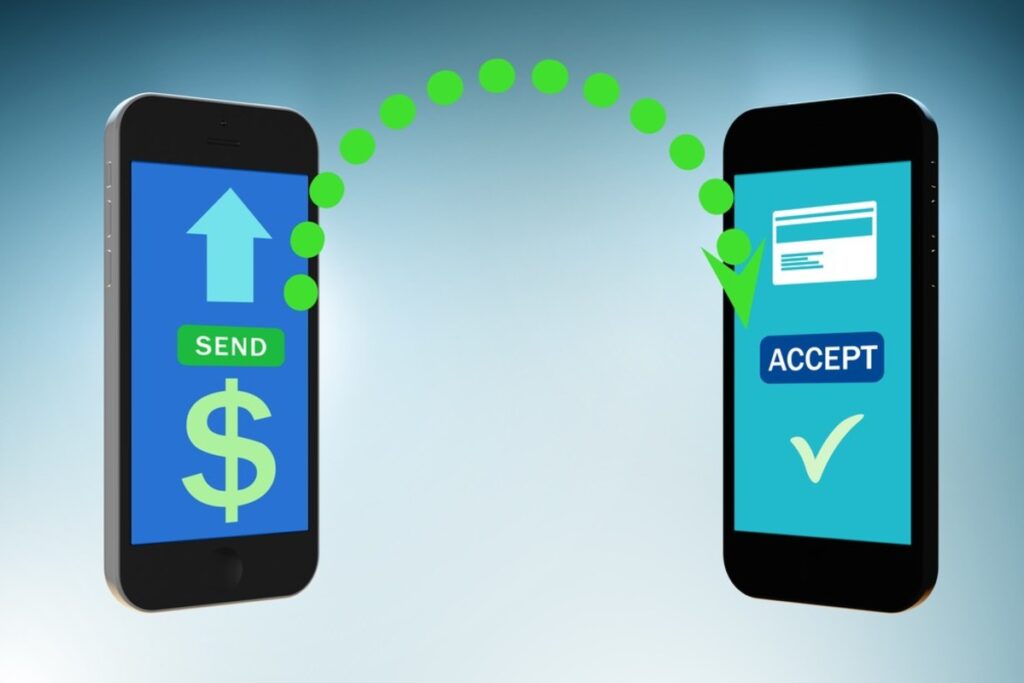Using one of the best mobile payment apps for small businesses could be your surefire escape from financial stress. The average entrepreneur can understand how difficult business finance management can sometimes get. So, to automate and make the economic arm of your business as seamless as possible, you may need to start using one of these payment apps.
Besides, most customers are usually particular about their shopping experience, part of which is the mode of payment for the concerned product or service. So, let’s walk you through some of the best mobile payment apps for small businesses and improve your customer retention.
Why a Payment App Is Crucial for Small Businesses
Businesses are generally at the dawn of technological innovation. Indeed, the best-performing businesses around the globe are those that have successfully and effectively harnessed technological advances. Consequently, small business owners ought to always be on the lookout for how to exploit technology. Doing so will make the organization’s products and services more alluring while making business operations seamless.

Choosing an appropriate payment app for your business helps you track payments from multiple sources. Likewise, managing invoices and tracking sales patterns becomes almost like a leisurely activity. Some of these online payment apps for businesses do not limit their financial remittances to credit and debit cards alone. Indeed, many of these apps also support mobile wallets and ACH transfers and are even forward complaints with other payment methods.
In summary, the versatility of the best payment apps makes transacting business with your organization easy for customers.
ALSO READ: Tips for Requesting a Lower Minimum Payment on Your Credit Card
Key Features To Look For in a Payment App
There are a handful of things that small businesses need to look out for when joggling their choice of payment app. Let’s do a quick run-through of some of these factors:

1. Pricing
One of the first factors customers look out for when using payment apps is the cost of the service. So, it is essential to ensure c that whatever payment app you adopt for your business does not exploit customers. By all means, avoid apps that come with hidden charges.
2. Compatibility
On the back end of your business operations, seamless integration of all systems and tools you use is crucial. Forthwith, make sure your payment app of choice is compatible with other financial tools like your accounting software and digital inventory management.
3. User Friendliness
If clients have to visit your payment app’s community page or customer service before making a successful payment, it may be unsuitable for commercial use. Despite being a separate entity from your business, the user-friendliness of your payment app will determine how good your clients’ shopping experience will be.
4. Security
You don’t want the financial details of your customers littering the dark web after every data breach on the World Wide Web. So, make sure your intended payment app complies with industry-wide standards. Such an app should have fraud detection and encryption features.
5 Best Mobile Payment Apps for Small Business
Working with the four key features highlighted earlier, we have shortlisted five of the best mobile payment apps for small businesses.

1. FreshBooks
FreshBooks would serve the purpose of small businesses that receive most of their payments through invoicing.
The financial accounting features of FreshBooks are cloud-based. In addition, its invoicing feature affords businesses to send reminders to clients of payment deadlines. To avoid regrets about subscribing to FreshBooks, they offer a 30-day free trial to new subscribers.
However, FreshBooks’ plethora of features could make it difficult for new users to use. This financial tool is not freeware; it charges a monthly fee.
2. Stripe
If you run a small business looking to scale progressively in the future, Stripe would be the right choice. This payment service is similar to PayPal’s payment processing services, but Stripe offers some flexibility to service users.
Stripe allows developer options that favor third-party integrations to sites and apps. However, Stripe is acclaimed as being more challenging to set up than PayPal. Another drawback is that Stripe charges 2.9% on card transactions and an added 1% for international transactions.
3. QuickBooks
QuickBooks is a payment app tailored for small businesses, offering entrepreneurs several useful features. This finance tracking platform is user-friendly and includes many bookkeeping features.
However, QuickBooks is said to be appropriate for small businesses because its default functionalities are just right for basic finance computations. Larger businesses may need to sign up for more advanced features that come at an added charge. Another common con of QuickBooks is its full-package services, which are said to have recurrent crises of bugs and errors.
ALSO READ: A Complete Guide to Credit Card Payment Terminal
4. PayPal
PayPal is acclaimed to be the most used payment app in the world, and most businesses accept it for cross-border remittances. Its popularity is this platform’s greatest advantage. In addition, PayPal is user-friendly and comes with one of the best security architectures around.
However, the transaction fees associated with PayPal payments may discourage users, particularly if the transaction amount is low.
5. Square
Square is quite prolific with payment processing. In addition, this platform is user-friendly and versatile, supporting in-store and online payments. Indeed, most retail and food-service businesses use Square to process their payments because of its competitive pricing and straightforward features.
There you have it! In addition to the top five services considered here, payment apps like Venmo are also popular with small business owners. Now, proceed with identifying the best fit and taking your business to the next level.

